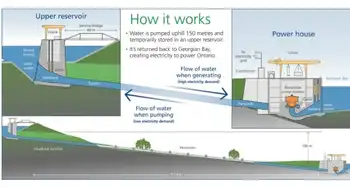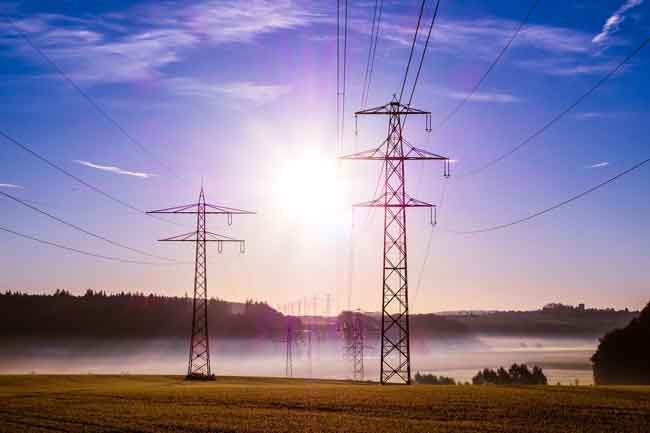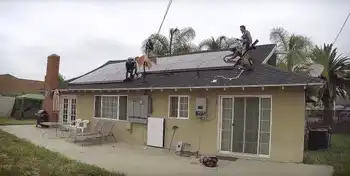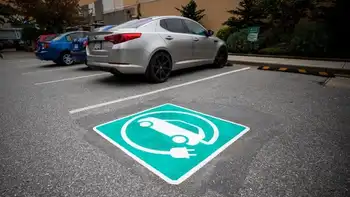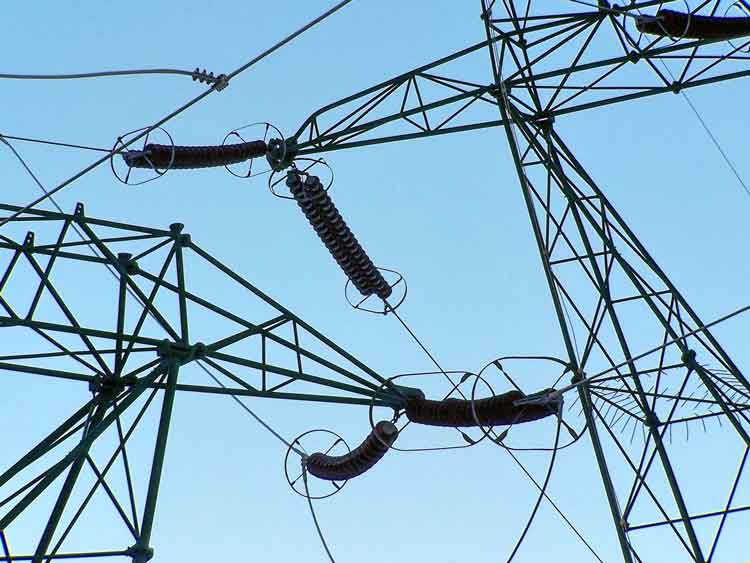EU not increasing carbon cuts to 30
By Industrial Info Resources
NFPA 70e Training - Arc Flash
Our customized live online or in‑person group training can be delivered to your staff at your location.

- Live Online
- 6 hours Instructor-led
- Group Training Available
European Energy Commissioner Günther Oettinger dashed the hopes of larger countries like the UK, France and Germany, which have been pushing to raise the target to 30 by 2020, by claiming that any further increase could harm the European economy. A higher emissions target would also mean stricter regulations and targets for energy and industrial companies.
Last July, Europe's so-called 'Big 3' joined forces to pressure the European Union into raising the target for reducing carbon emissions from 20 to 30, claiming that not aiming for 30 would put Europe in the "slow lane" for low-carbon investment. Reports last year suggested that the global recession would make reaching the 30 target significantly cheaper than originally thought.
"If we go alone to 30, you will only have a faster process of de-industrialization in Europe," Oettinger argued. "I think we need industry in Europe, we need industry in the UK, and industry means CO2 emissions. We are willing to go to 30 if big global partners will follow us, but if not we won't."
Oettinger claimed that pushing the target to 30 by 2020 would result in major European industrial sectors, such as steel, losing companies and jobs to countries with no binding emissions targets.
Last May, the European Commission EC expressed the wish to raise Europe's carbon emissions reduction target to 30, after its own research showed how much cheaper the recession had made achieving that goal. The cost of reaching the 30 target was estimated to be 81 billion euros US $100 billion per year by 2020, only 11 billion euros US $13.6 billion higher than the price tag for reaching the 20 target two years ago.
The EC maintained that reaching a 30 reduction target would reduce imports of oil and gas by 40 billion euros US $49.5 billion per year by 2020. Despite expressing its interest in raising the target to 30, the EC stopped short of trying to implement the policy, which has divided many of the member states and infuriated many industrial groups.





